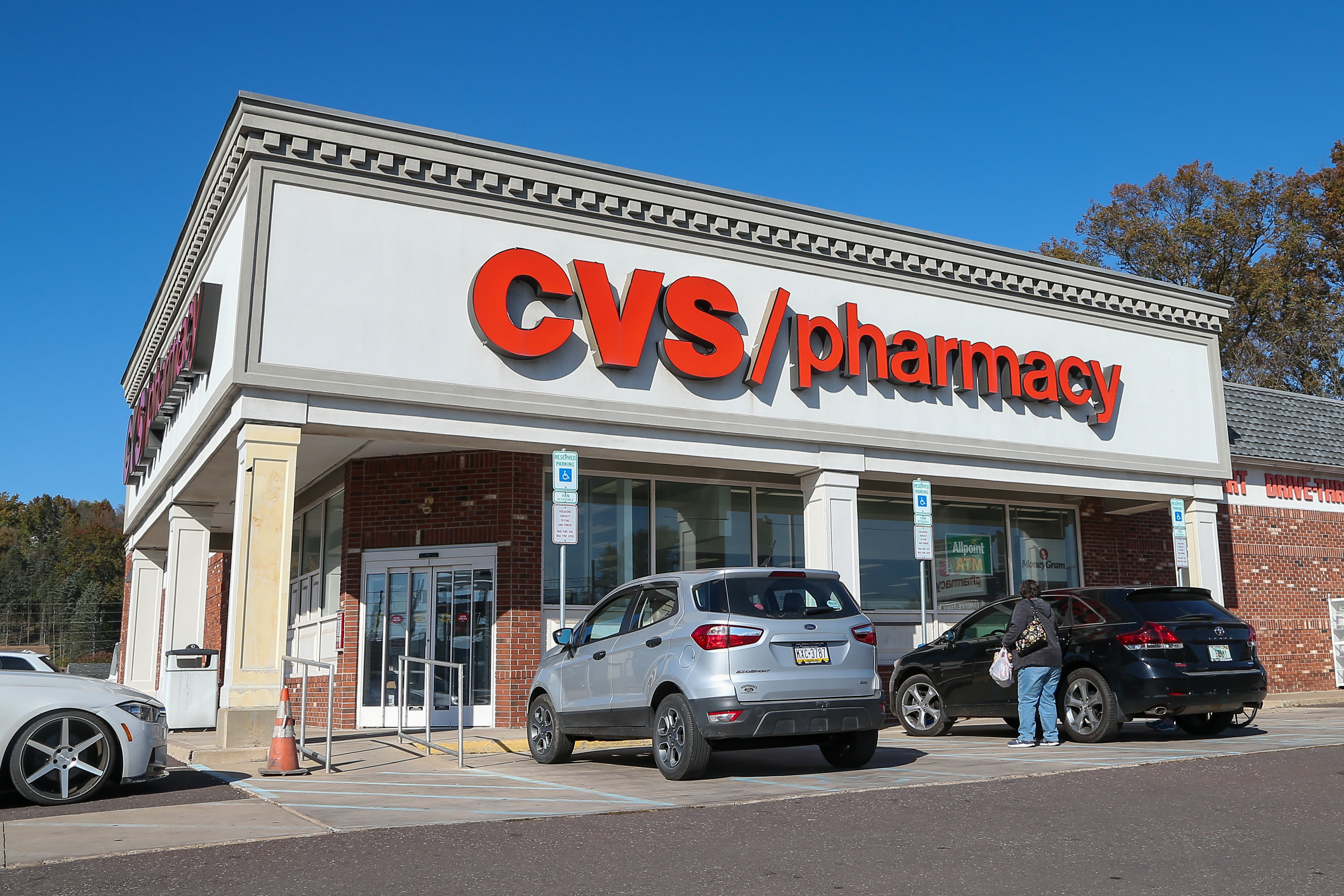
CVS Health reports a 2.6% revenue increase in the second quarter, driven by digital expansion, biosimilar prescriptions, and store optimization.
The introduction of Cordavis biosimilar prescriptions has led to significant savings for clients and positioned CVS as a leader in the biosimilar market.
Strategic closure of 900 stores by year-end to enhance profitability and focus on high-performing locations.
CVS Health, a leading health services and innovation company, has shown a notable performance in the second quarter, with a revenue increase of 2.6%. This growth is largely attributed to its expanding digital customer base, the introduction of biosimilar prescriptions, and the strategic closure of underperforming stores. The company, under the leadership of President and CEO Karen S. Lynch, has made significant strides in enhancing its digital engagement, boasting nearly 60 million unique digital customers. This digital push is a testament to CVS’s commitment to leveraging technology to improve health services accessibility and efficiency.
The introduction of Cordavis biosimilar prescriptions has been another cornerstone of CVS’s strategy, processing approximately 100,000 prescriptions since April 1. This move not only resulted in nearly $400 million in savings for its clients and members but also solidified CVS’s position as a leader in the biosimilar market. By offering these products at prices over 80% lower than reference brands, CVS is making healthcare more affordable and accessible, aligning with its mission to improve the lives of those it serves.
Moreover, CVS’s decision to close 900 stores by the end of the year, with 851 already closed, reflects a strategic shift towards optimizing profitability. This move indicates a focus on enhancing the performance of its profitable standalone stores, ensuring the company remains competitive and financially healthy.
The company’s performance across its three business segments further illustrates its diverse strengths and challenges. The Health Care Benefits segment, with a 21.4% revenue increase, highlights CVS’s growing influence in Medicare and Commercial product lines. The Pharmacy & Consumer Wellness segment’s 3.7% revenue increase underscores the importance of prescription volume growth, despite challenges such as decreased sales of COVID-19 test kits. However, the Health Services segment faced an 8.8% revenue decline, pointing to areas where CVS needs to bolster its strategies to maintain its market leadership.
Overall, CVS Health’s strategic initiatives, from expanding its digital customer base to introducing cost-saving biosimilar prescriptions and optimizing its store portfolio, demonstrate a robust approach to growth and competitiveness. With a clear focus on integrating its assets to deliver comprehensive health solutions, CVS Health is well-positioned to continue its trajectory of innovation and service excellence.

